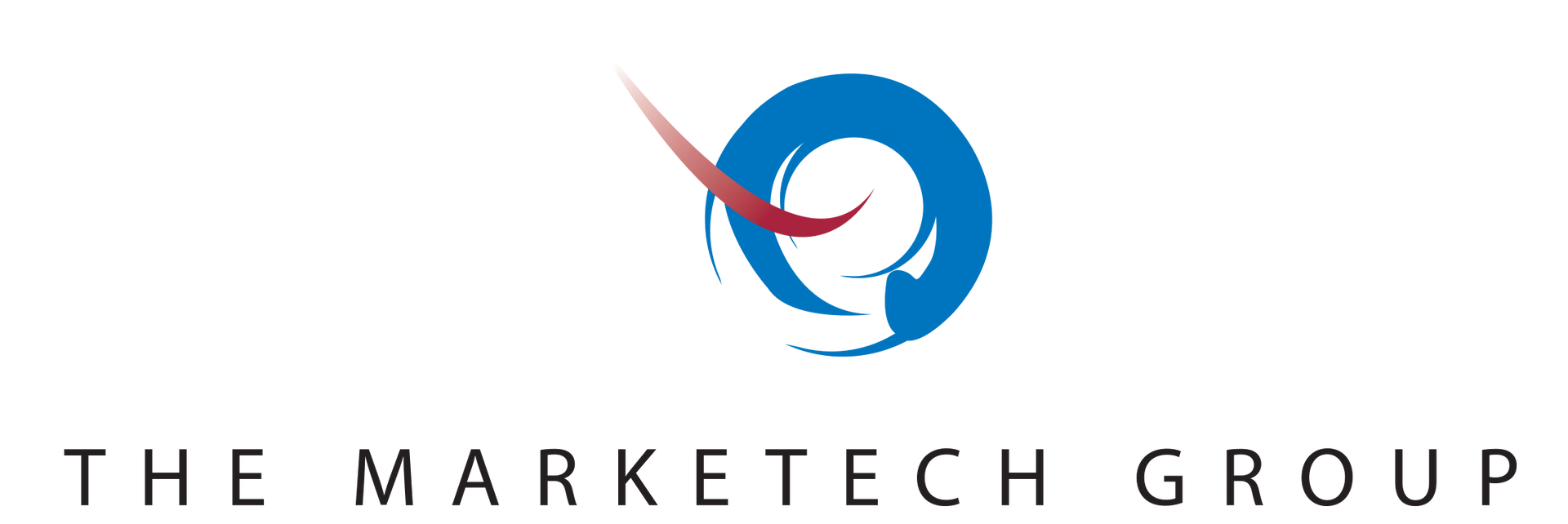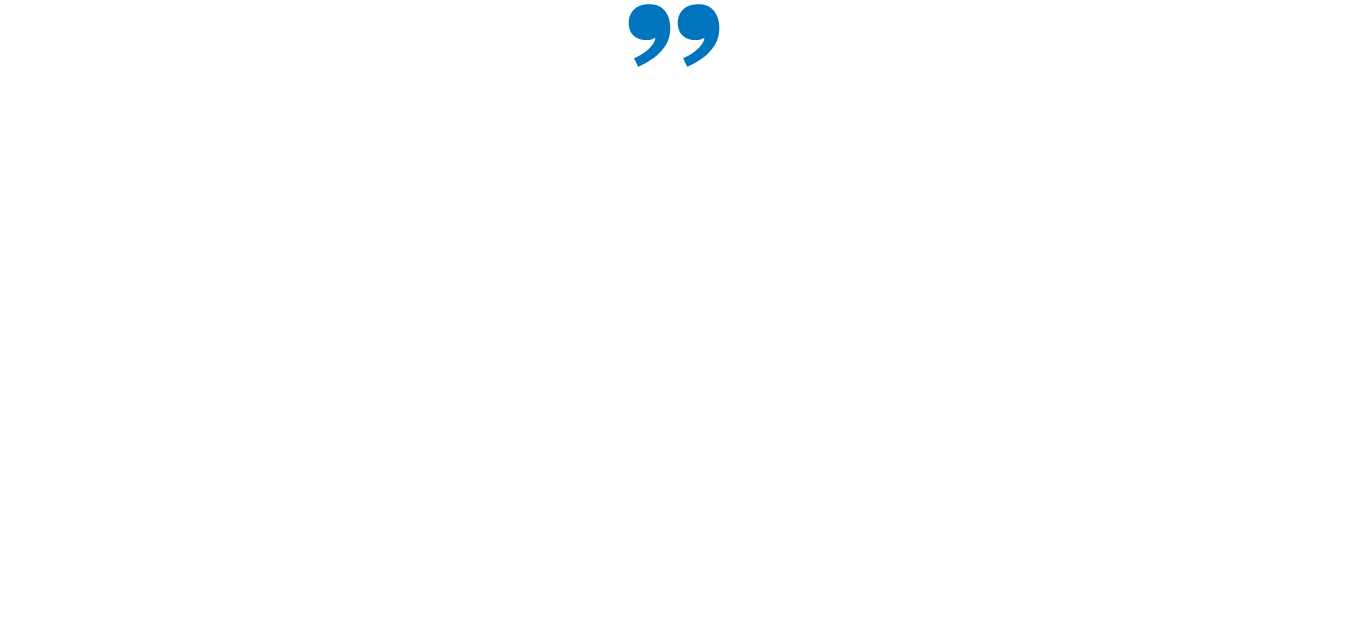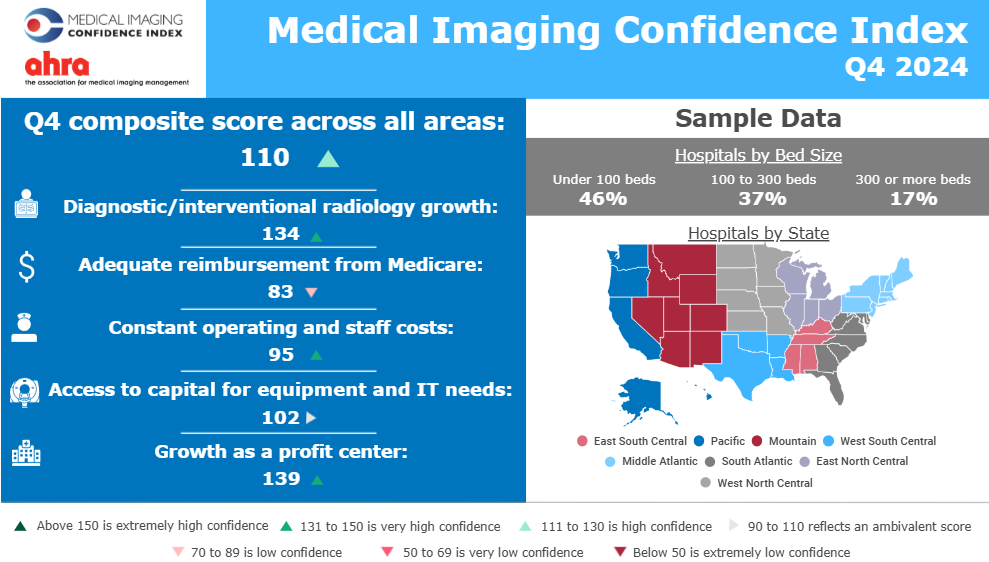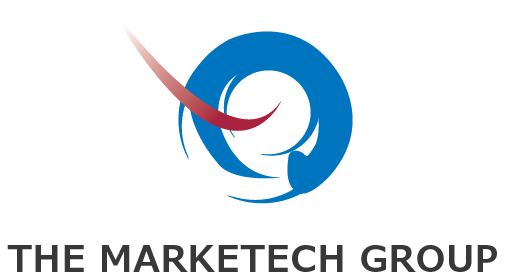Healthcare Qualitative Market Research
How can you analyze the market for a therapeutic solution if you don’t know anything about the market and you don’t understand the therapeutic solution? Our exclusive commitment to the healthcare industry over the past 30 years provides you with the insurance that we understand the behaviors of your customers when analyzing the market for a MedTech or a therapeutic solution."
Olivier Cotten European Managing Partner at TMTG
Interviewer Expertise
Qualitative research methodologies rely on one-on-one in-depth and/or group interviews that must be conducted by a skilled interviewer. To get the most unbiased and reliable information, the interviewer must combine expertise in three areas:
Marketing Method
To channel the interviews towards the study’s objectives and to collect balanced information without introducing any bias in the answers.
Moderation Technique
To maintain conditions throughout the interview which favor the expression of the innermost motivations of the people being questioned.
"Domain" or Clinical Knowledge
To be credible with the interviewees who are healthcare providers or executives, and to understand quickly the critical points raised during the discussion to react and get deeper insights.
Our Extensive Network of Healthcare Respondents and Specialized Panels
Effective qualitative healthcare market research relies on insights from a diverse and specialized network of healthcare professionals. At The MarkeTech Group, we utilize this network to provide a deep, nuanced understanding of the healthcare landscape.
Our network includes a wide range of clinicians and specialists, enabling us to capture varied perspectives essential for understanding complex healthcare behaviors and decision-making processes.
Engaging with Key Decision-Makers
We connect with healthcare executives and department heads to gain insights into the strategic factors influencing product adoption and market trends, ensuring our research reflects the priorities of those who drive healthcare decisions.
Our clinician networks facilitate access to patient-centric insights by understanding patient needs and preferences from the viewpoint of healthcare providers, offering a comprehensive perspective on patient care dynamics.
Specialized Moderation Techniques
The choice of the moderation technique is essential. A very directive style of moderation can be necessary to intentionally structure responses. The moderator’s discretion can be essential to let the participants express themselves freely and reduce as much as possible the bias inevitably introduced by the research process.
Cutting-Edge Tools Supporting Qualitative Research
To enhance the depth and accuracy of our qualitative research, The MarkeTech Group employs a suite of proprietary tools tailored to the unique demands of healthcare market research. These tools allow us to capture nuanced feedback and provide actionable insights.
imagePRO™
ImagePRO™ is specifically designed to gather detailed insights from professionals within the medical imaging sector. These surveys are an essential tool for understanding the unique needs and preferences in this specialized area of healthcare, contributing to more targeted and effective research outcomes.
chatPRO™
ChatPRO™ is an asynchronous communication platform that enables respondents and moderators to interact at their convenience, without the need for live calls or real-time discussions. Exclusively used with our imagePRO™ panel, ChatPRO™ allows for thoughtful, ongoing exchanges that capture in-depth qualitative data, offering flexibility in data collection.
simPRO™
SimPRO™ enhances our ability to simulate market scenarios based on qualitative data, helping you visualize potential outcomes and make data-driven decisions. This tool is particularly useful in understanding how healthcare providers and patients might react to new products or services.
What Our Partners Say
Companies like you are the reason that we do what we do. We're here to serve you. Read this selection of client testimonials to see how we've been a part of VOC in the medical industry.
Why Choose The MarkeTech Group for Healthcare Qualitative Market Research?
The MarkeTech Group is a global leader in Voice-of-Customer research, specializing exclusively in the MedTech field for over 30 years. Our unparalleled expertise in healthcare market research ensures that the insights we deliver are both precise and actionable. Unlike broader market research firms, we focus solely on the unique challenges of the healthcare industry, providing you with the specialized knowledge and innovative tools needed to make informed decisions. Choose The MarkeTech Group for unparalleled expertise and precision in healthcare qualitative research.
FAQs: Healthcare Qualitative Market Research
What is Healthcare Qualitative Market Research?
Healthcare Qualitative Market Research involves in-depth exploration of patient and clinician behaviors, motivations, and experiences through methods like interviews, focus groups, and observational studies. This approach provides insights into the "why" behind decision-making in healthcare.
How can the insights from qualitative research help my organization?
The insights gained from qualitative research can help you understand patient and clinician needs, inform product development, optimize marketing strategies, and make data-driven decisions that align with your organization’s goals.
What is an Example of Qualitative Research in Healthcare?
An example of qualitative research in healthcare could be conducting in-depth interviews with physicians to understand their decision-making process when choosing new medical devices. These interviews explore factors such as clinical efficacy, ease of use, and patient outcomes, providing rich, detailed insights into what drives their choices. This type of research helps healthcare companies tailor their products and marketing strategies to better meet the needs and preferences of clinicians.
When Should I Choose Qualitative Research Over Quantitative?
Choose qualitative research when you need to explore in-depth insights, such as understanding the reasons behind patient preferences or clinician decision-making. Use quantitative research when you need statistical data to measure trends, like the percentage of patients using a specific treatment. For a well-rounded understanding, combine both methods—qualitative research adds depth and context to the numerical data provided by quantitative research, giving you a more complete view of your target audience or market.
Our Latest Insights
Explore our insightful blog listings on cutting-edge product development methodologies, pricing analysis, and industry trends brought to you by The MarkeTech Group. Elevate your understanding and stay ahead in the dynamic world of medical technologies.

Contact Us
We would love to hear from you. Send a message via our contact page and we will get back to you as soon as we can.







